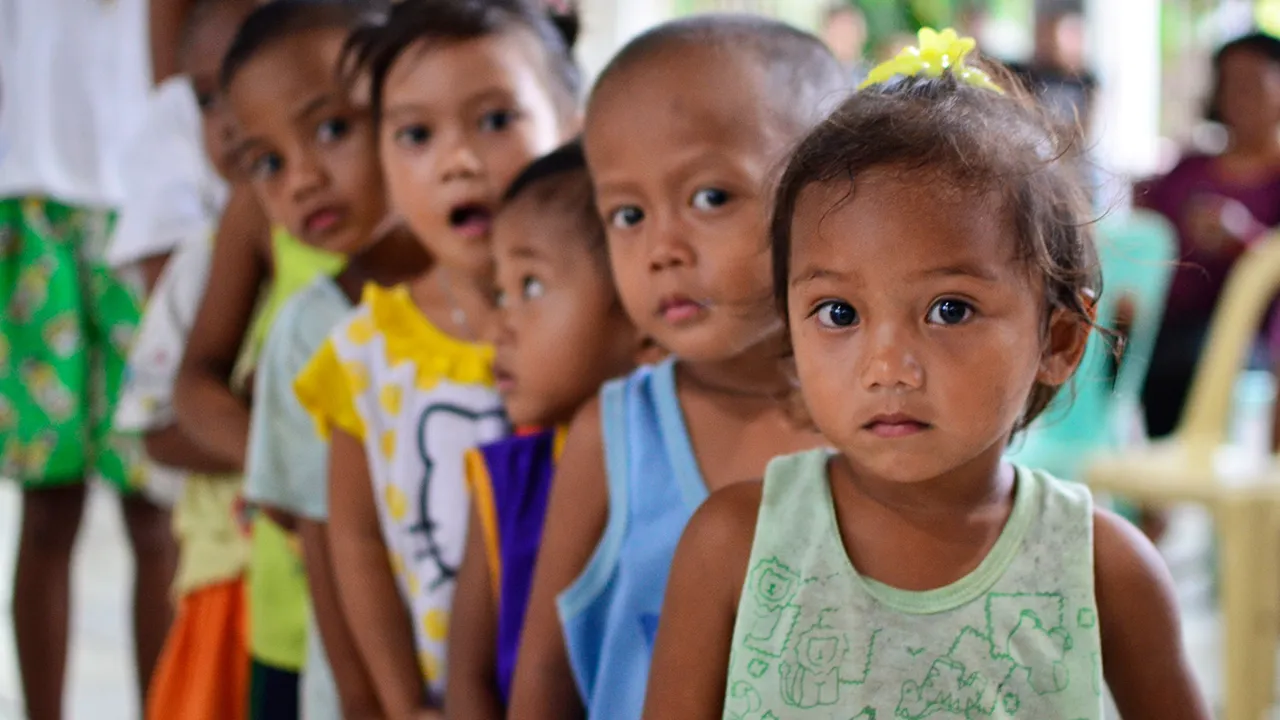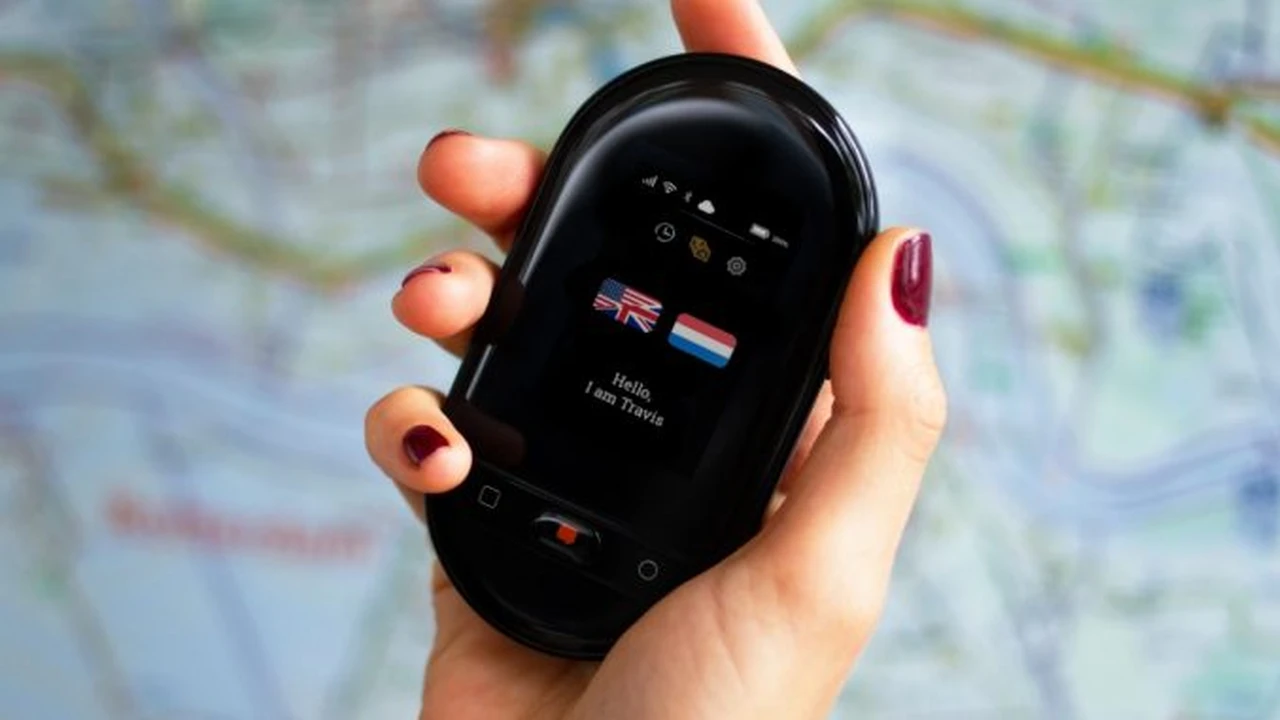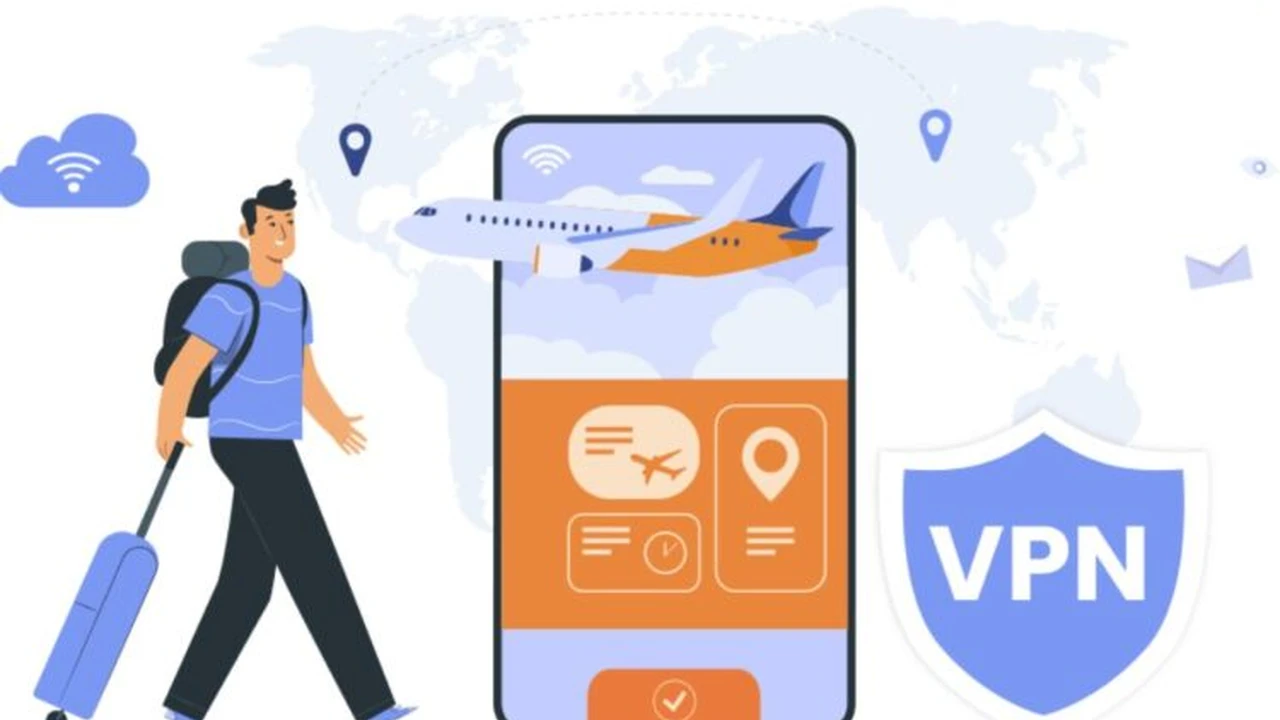Volunteer Travel Opportunities
Explore volunteer travel opportunities and give back to the community while traveling. Discover different organizations and projects that need your help. Make a difference and enrich your travel experience.

Why Volunteer Travel Matters Ethical and Sustainable Travel
Hey there, travel enthusiasts! Ever thought about adding a little purpose to your wanderlust? Volunteer travel, or voluntourism, is all about making a positive impact while exploring new places. It's not just about ticking off destinations on your bucket list; it’s about connecting with local communities, supporting meaningful projects, and enriching your own life in the process. Plus, let's be honest, it’s a fantastic way to see a different side of a country that you might otherwise miss as a regular tourist.
But before you jump in, let's talk about being responsible. Voluntourism has its critics, and rightly so. Done poorly, it can do more harm than good. We're talking about projects that aren't sustainable, organizations that exploit local communities, and volunteers who lack the skills or understanding needed for the task at hand. So, we're going to walk you through how to find genuine, impactful volunteer opportunities that truly make a difference. Think of it as ethical travel, with you at the heart of it.
Finding the Right Volunteer Program Matching Your Skills and Interests
Okay, so you're ready to roll up your sleeves and get involved. Great! The first step is finding a program that aligns with your skills, interests, and values. There are tons of options out there, from conservation projects and community development initiatives to teaching English and healthcare programs. Here’s how to narrow it down:
- Consider your skills: What are you good at? Are you a whiz with kids? Do you have a background in construction or agriculture? Maybe you're a social media guru. Think about how your skills can be used to benefit the community you'll be working with.
- Think about your interests: What are you passionate about? Are you an animal lover? Do you care deeply about environmental issues? Choose a project that you’re genuinely interested in – you’ll be more motivated and engaged.
- Research the organization: This is crucial! Look for organizations that are transparent about their work, have a strong track record, and prioritize the needs of the local community. Check reviews, read testimonials, and ask questions. Don't be afraid to dig deep and make sure they are legit.
- Check the project's impact: Does the project have clear goals and measurable outcomes? Is it sustainable in the long run? Does it empower local communities to take ownership? These are all signs of a good volunteer program.
Top Volunteer Organizations Recommended Platforms and Reviews
Alright, let's get down to brass tacks and talk about some specific organizations that are doing great work. These are just a few examples, but they're a good starting point for your research:
- Global Vision International (GVI): GVI offers a wide range of volunteer projects around the world, from marine conservation in the Seychelles to community development in Costa Rica. They are known for their commitment to ethical and sustainable tourism, and their projects are designed to have a measurable impact on the local communities they serve. They’re a great option if you're looking for structured programs and clear guidelines.
- Projects Abroad: Projects Abroad is one of the largest volunteer organizations in the world, with a presence in over 50 countries. They offer a wide range of projects, including teaching, healthcare, conservation, and community development. They’re a good choice if you’re looking for a well-established organization with a lot of experience.
- Worldpackers: Worldpackers is a platform that connects travelers with volunteer opportunities in exchange for accommodation and meals. It’s a fantastic option if you’re on a tight budget and looking for a more flexible, independent experience. You can find opportunities in hostels, eco-villages, farms, and more.
- Workaway: Similar to Worldpackers, Workaway connects travelers with hosts who need help with various tasks, from gardening and childcare to language teaching and website design. In exchange for your help, you'll receive accommodation and meals. It's a great way to immerse yourself in a local culture and learn new skills.
- Habitat for Humanity: If you're handy with tools and passionate about affordable housing, Habitat for Humanity is a great organization to volunteer with. They build and renovate homes for low-income families around the world, providing safe and decent housing.
Essential Gear and Tools for Volunteer Travel Packing List
Packing for a volunteer trip is a bit different than packing for a regular vacation. You'll need to consider the specific needs of your project and the climate of your destination. Here’s a basic packing list to get you started:
- Appropriate clothing: Pack clothes that are comfortable, durable, and appropriate for the local culture. Consider the climate and pack layers.
- Sturdy shoes: You'll likely be doing a lot of walking and working, so comfortable and durable shoes are essential.
- Personal hygiene items: Pack your own toiletries, including sunscreen, insect repellent, and hand sanitizer.
- First-aid kit: Include any necessary medications, as well as bandages, antiseptic wipes, and pain relievers.
- Reusable water bottle: Stay hydrated and reduce plastic waste by bringing a reusable water bottle.
- Headlamp or flashlight: Useful for navigating in the dark, especially in areas with limited electricity.
- Universal adapter: If you're traveling to a country with a different electrical outlet, you'll need a universal adapter.
- Personal journal: Document your experiences and reflections during your volunteer trip.
- Camera: Capture memories and share your experiences with others.
Budgeting for Volunteer Travel Costs and Fundraising
Let's be real, volunteer travel isn't always free. Many programs require a participation fee to cover accommodation, meals, training, and project costs. Here’s how to budget for your trip:
- Research program fees: Compare the fees of different organizations and understand what’s included.
- Factor in flights and travel insurance: Don’t forget to budget for flights, visas, and travel insurance.
- Estimate daily expenses: Research the cost of living in your destination and estimate your daily expenses for food, transportation, and activities.
- Consider fundraising: If you need help covering the costs of your trip, consider fundraising through online platforms like GoFundMe or FundMyTravel.
- Look for scholarships and grants: Some organizations offer scholarships and grants to help volunteers cover the costs of their trips.
Safety Tips for Volunteers Staying Safe and Healthy
Your safety and well-being are paramount. Here are some essential safety tips to keep in mind:
- Research your destination: Learn about the local customs, laws, and safety concerns.
- Get vaccinated: Consult with your doctor about necessary vaccinations and health precautions.
- Register with your embassy: Register your trip with your embassy so they can contact you in case of an emergency.
- Be aware of your surroundings: Pay attention to your surroundings and avoid walking alone at night in unfamiliar areas.
- Protect your belongings: Keep your valuables safe and avoid displaying expensive items.
- Stay connected: Stay in touch with your family and friends and let them know your itinerary.
- Trust your instincts: If something feels wrong, trust your gut and remove yourself from the situation.
Cultural Sensitivity and Respectful Engagement Understanding Local Customs
Respecting local culture is key to a positive and impactful volunteer experience. Here’s how to be a culturally sensitive traveler:
- Learn about local customs: Research the local customs and traditions before you arrive.
- Dress appropriately: Dress modestly and respectfully, especially when visiting religious sites.
- Be mindful of your language: Avoid using slang or offensive language.
- Ask before taking photos: Always ask permission before taking photos of people.
- Be respectful of local beliefs: Respect local beliefs and avoid criticizing or judging other cultures.
- Learn a few basic phrases: Learning a few basic phrases in the local language can go a long way in building relationships with locals.
Making a Real Impact Measuring Your Contribution
How do you know if you're actually making a difference? It's important to think about the impact of your volunteer work and how you can contribute in a meaningful way:
- Focus on long-term sustainability: Choose projects that are designed to have a lasting impact on the community.
- Empower local communities: Support projects that empower local communities to take ownership and build their own capacity.
- Avoid creating dependency: Avoid projects that create dependency on foreign aid or volunteers.
- Measure your impact: Track your contributions and measure the outcomes of your work.
- Share your experiences: Share your experiences with others and inspire them to get involved.
Volunteer Travel and Personal Growth Developing New Skills
Volunteer travel isn't just about giving back; it's also about personal growth. You'll learn new skills, gain new perspectives, and challenge yourself in ways you never thought possible. Think of it as a crash course in life!
- Developing new skills: You might learn a new language, develop construction skills, or gain experience in teaching or healthcare.
- Gaining new perspectives: You'll meet people from different backgrounds and cultures, and you'll learn about their lives and challenges.
- Boosting your confidence: Overcoming challenges and making a difference in the world can boost your confidence and self-esteem.
- Expanding your horizons: Volunteer travel can open your eyes to new possibilities and inspire you to pursue your passions.
Post Volunteer Trip Reflections Sharing Your Story
Your volunteer trip doesn't end when you return home. Take time to reflect on your experiences and share your story with others:
- Journaling: Write about your experiences, reflections, and lessons learned.
- Sharing your story: Share your story with your friends, family, and community.
- Staying involved: Stay connected with the organization you volunteered with and continue to support their work.
- Inspiring others: Inspire others to get involved in volunteer travel and make a difference in the world.
:max_bytes(150000):strip_icc()/277019-baked-pork-chops-with-cream-of-mushroom-soup-DDMFS-beauty-4x3-BG-7505-5762b731cf30447d9cbbbbbf387beafa.jpg)






